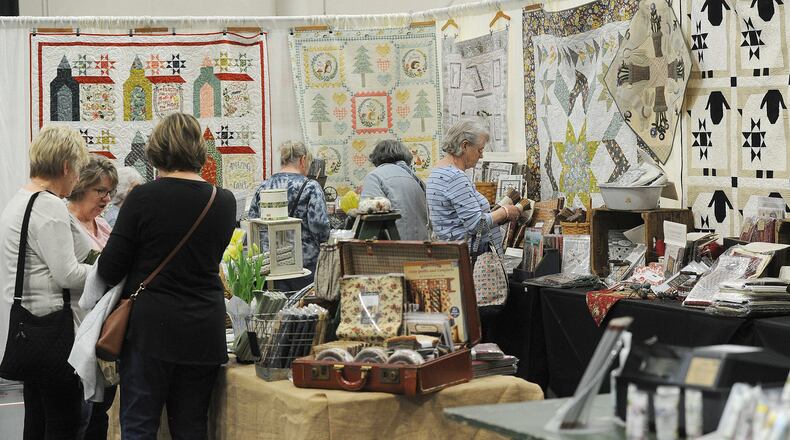The sense of isolation that many people developed during those early days of the pandemic likely didn’t come as a surprise to medical researchers, particularly those who have studied the effects of isolation on aging populations. The National Institute on Aging indicates that social isolation and loneliness are linked to depression as well as a host of other negative health outcomes, including high blood pressure, heart disease, obesity, and cognitive decline.
Social clubs can be a great way for adults over 50 to avoid isolation and loneliness. Such clubs can provide opportunities to connect with individuals who share similar interests, laying the foundation for new friendships that can be hard to develop in midlife.
Perhaps the best thing about social clubs is that anyone can start one. These tips can help individuals over 50 start social clubs that appeal to locals who are on the lookout for fun ways to meet new people.
- Think of a hobby unique to your location. One of the best ways to attract other locals is to find a hobby that caters to residents in your area. For example, coastal residents may want to start a local fishing club, while city dwellers may draw more interest starting a club focused on local museums or restaurants.
- Take all comers. Individuals over 50 may aspire to meet people in situations similar to their own, but they should still allow anyone interested in their club to join. Adults in the early stages of midlife (i.e., their 30s and 40s) are often too busy with their personal and professional lives to make much time for social clubs, so it’s likely that those interested will be 50 or older. But accepting all who are interested can increases the chances of starting a diverse and engaging group.
- Spread the word. Meetup (meetup.com) has been facilitating connections for two decades, making it a great place to start a group for people with shared interests. In addition to utilizing a service like Meetup, founders can spread the word through their social media apps and create fliers to post on public boards at local community centers and libraries.
- Find a public place to get together. It’s best to avoid hosting club events and meetings at a private residence, including your own. Instead, prior to starting the club, look around for meeting places, which can include local churches, libraries or community centers. Ask about reserving spaces for meetings and look for places that are accessible for all people, including those with mobility issues.
About the Author

